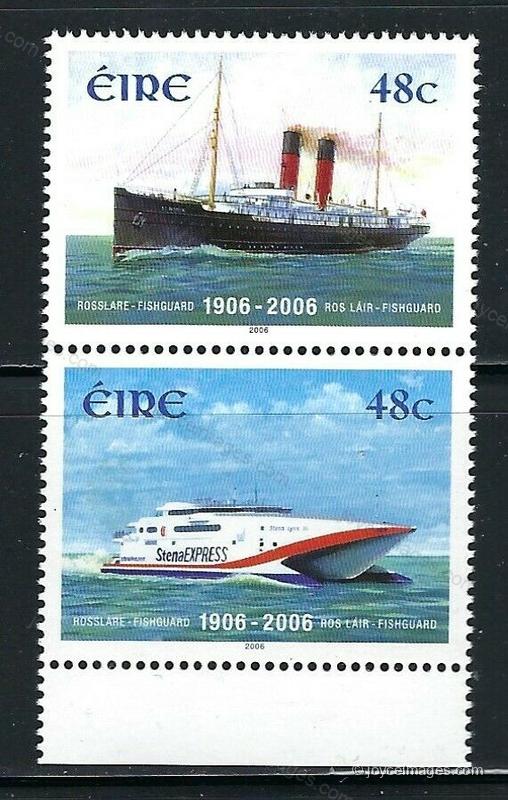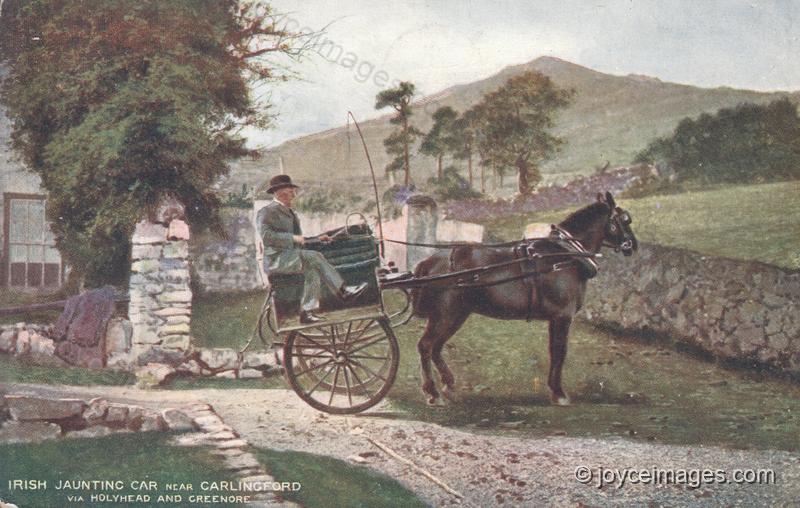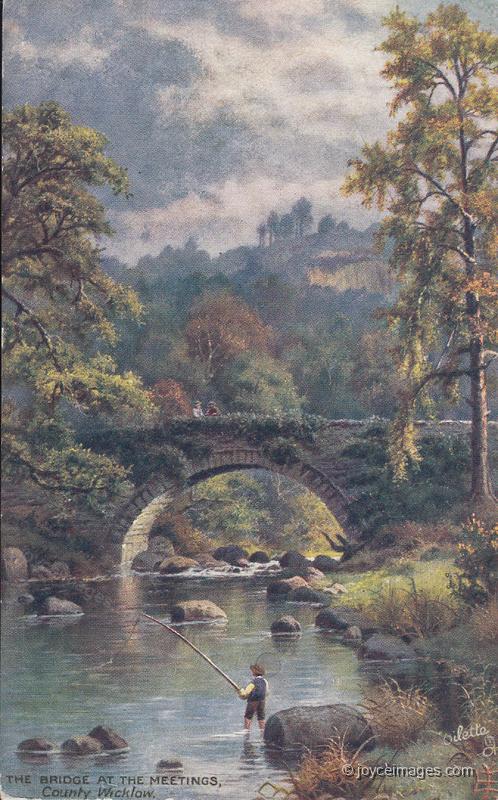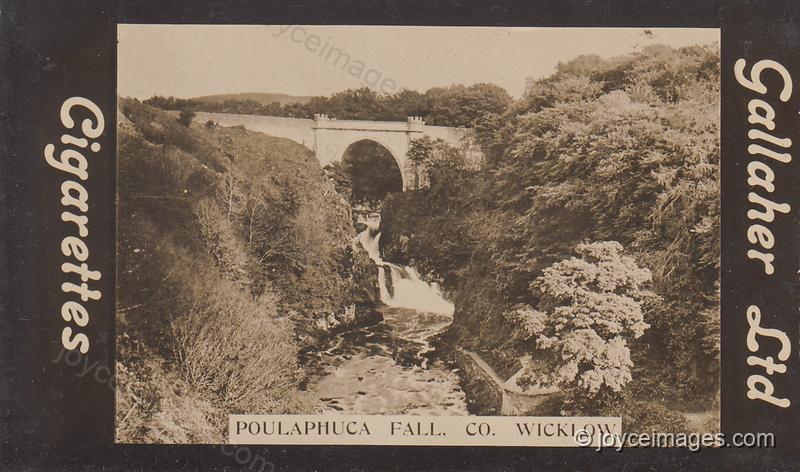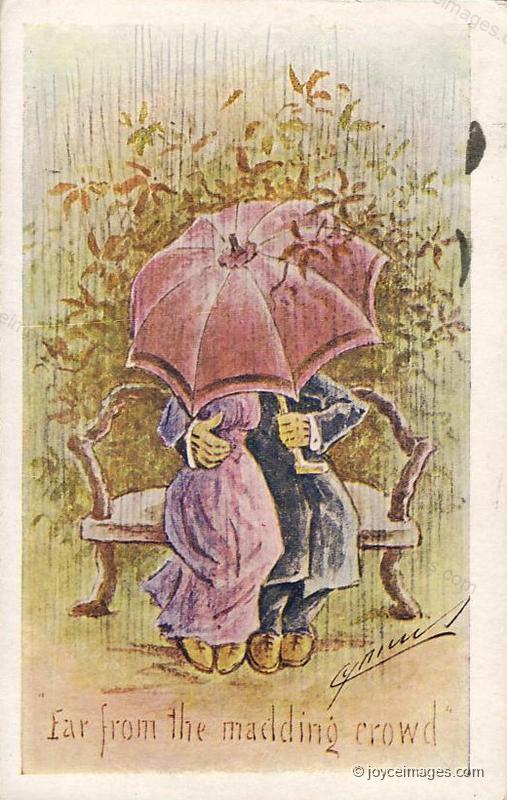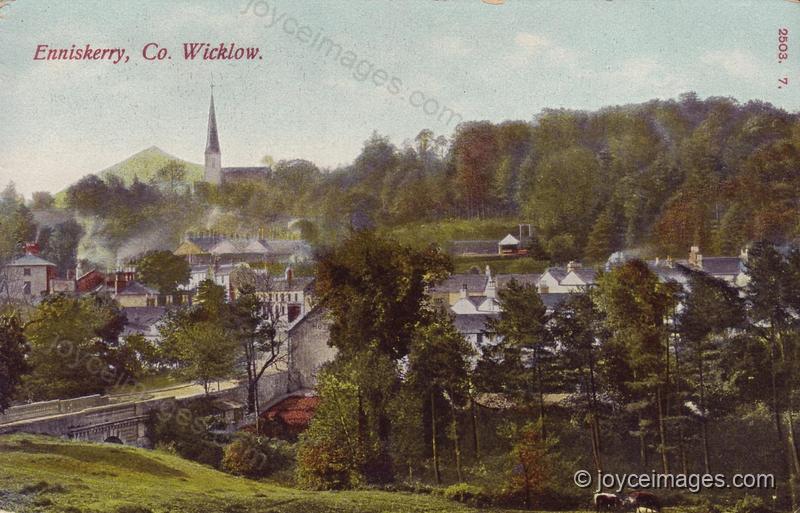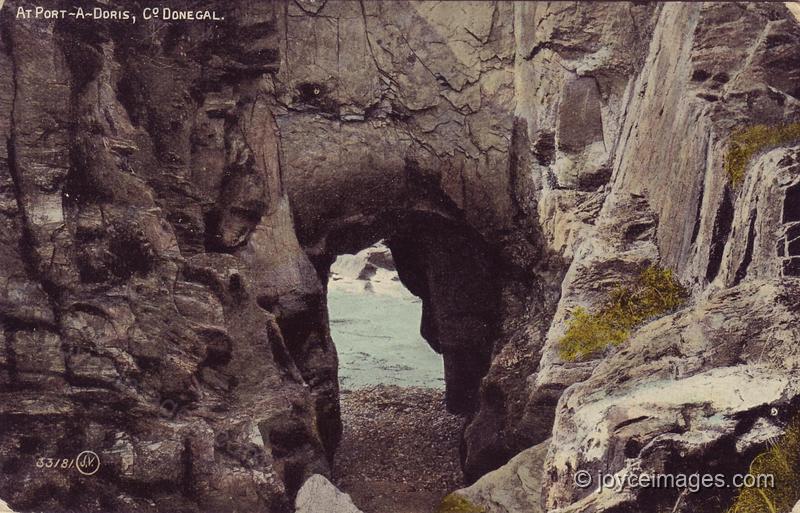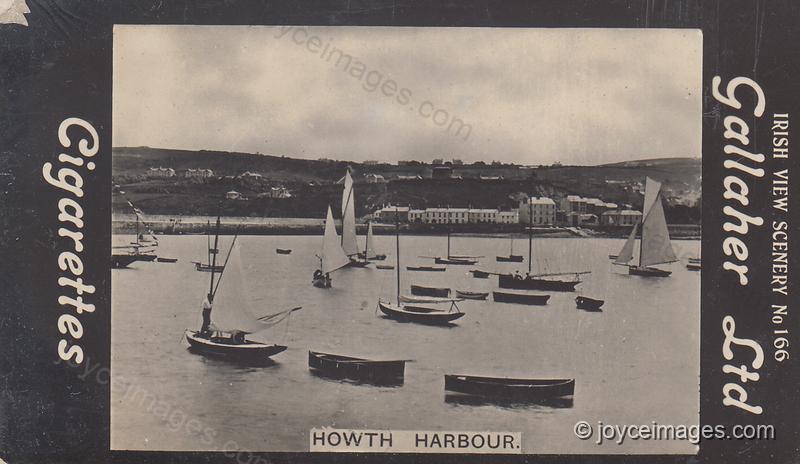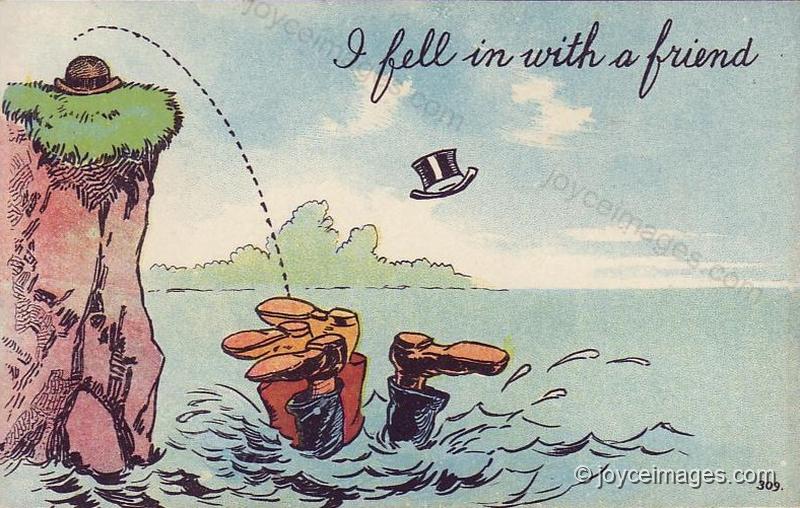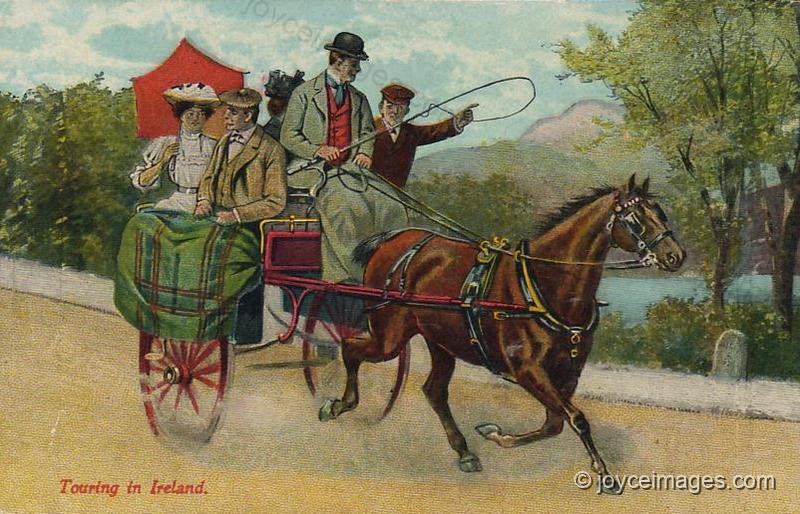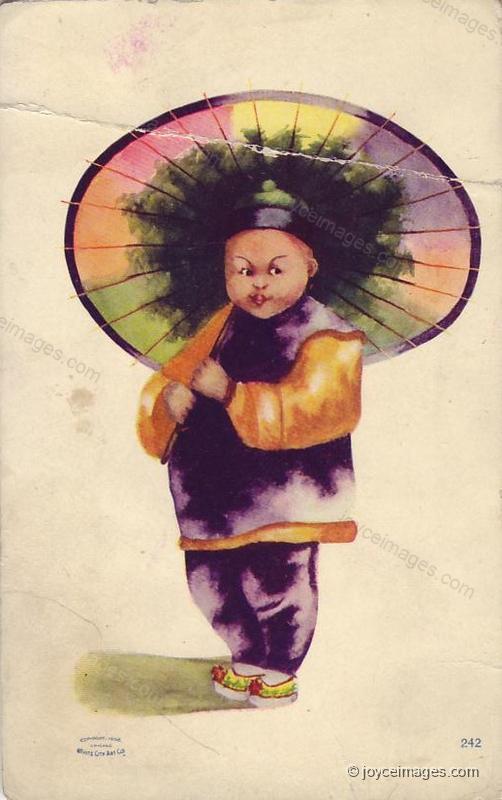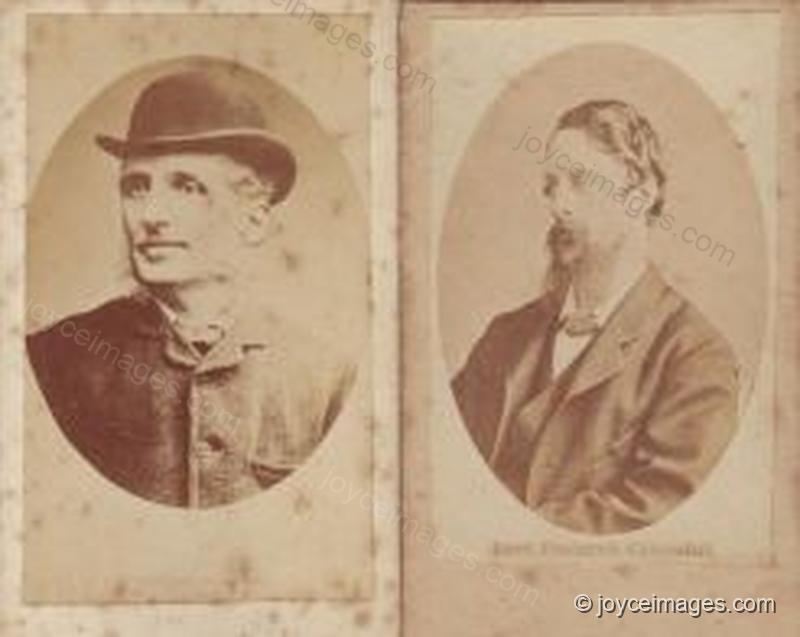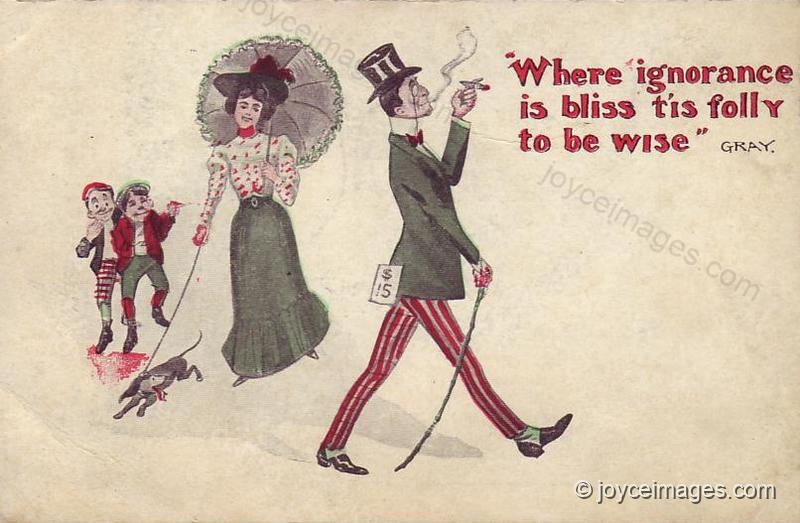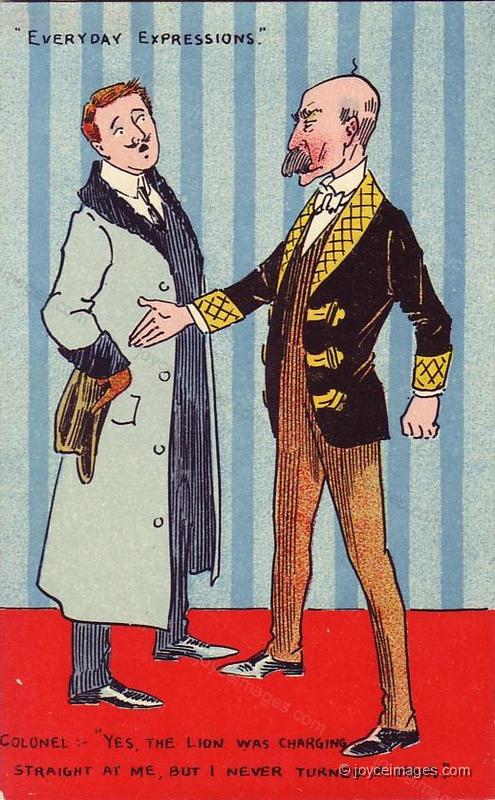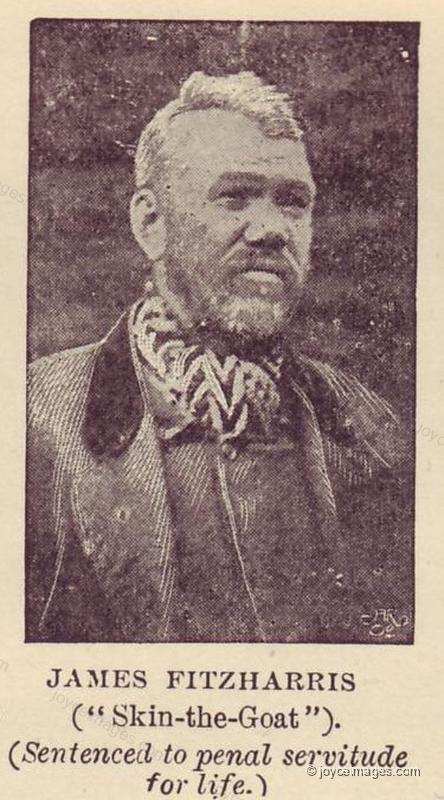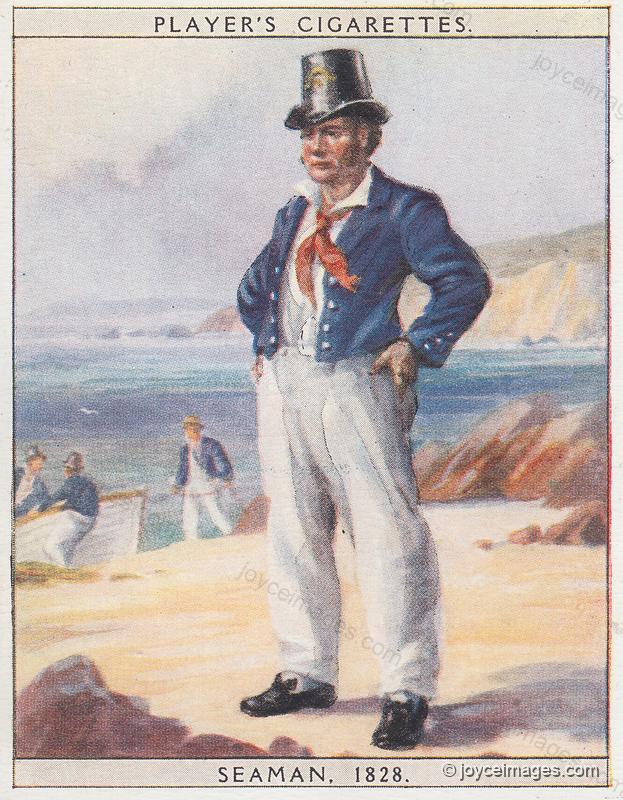"which, it was mooted, was once more on the tapis in the circumlocution departments with the usual quantity of red tape and dillydallying of effete fogeydom and dunderheads generally. A great opportunity there certainly was for push and enterprise to meet the travelling needs of the public at large, the average man, i.e. Brown, Robinson and Co.." ([U16.533])
"It was a subject of regret and absurd as well on the face of it and no small blame to our vaunted society that the man in the street, when the system really needed toning up, for the matter of a couple of paltry pounds was debarred from seeing more of the world they lived in instead of being always and ever cooped up since my old stick-in-the-mud took me for a wife." (U16.539)
"After all, hang it, they had their eleven and more humdrum months of it and merited a radical change of venue after the grind of city life in the summertime for choice when dame Nature is at her spectacular best constituting nothing short of a new lease of life. There were equally excellent opportunities for vacationists in the home island, delightful sylvan spots for rejuvenation, offering a plethora of attractions as well as a bracing tonic for the system in and around Dublin and its picturesque environs even," (U16.544)
"in Wicklow, rightly termed the garden of Ireland, an ideal neighbourhood for elderly wheelmen, so long as it didn't come down," (U16.552)
"and in the wilds of Donegal, where if report spoke true, the coup d'oeil was exceedingly grand, though the lastnamed locality was not easily getatable so that the influx of visitors was not as yet all that it might be considering the signal benefits to be derived from it," (U16.554)
"while Howth with its historic associations and otherwise, Silken Thomas, Grace O'Malley, George IV, rhododendrons several hundred feet above sealevel was a favourite haunt with all sorts and conditions of men especially in the spring when young men's fancy," (U16.557)
"though it had its own toll of deaths by falling off the cliffs by design or accidentally, usually, by the way, on their left leg, it being only about three quarters of an hour's run from the pillar." (U6.561)
"Because of course uptodate tourist travelling was as yet merely in its infancy, so to speak, and the accommodation left much to be desired. Interesting to fathom, it seemed to him, from a motive of curiosity pure and simple, was whether it was the traffic that created the route or viceversa or the two sides in fact. He turned back the other side of the card, picture, and passed it along to Stephen." (U16.563)
"- I seen a Chinese one time, related the doughty narrator, that had little pills like putty and he put them in the water and they opened, and every pill was something different. One was a ship, another was a house, another was a flower. Cooks rats in your soup, he appetisingly added, the Chinese does.
Possibly perceiving an expression of dubiosity on their faces, the globetrotter went on, adhering to his adventures." (U16.570)
Possibly perceiving an expression of dubiosity on their faces, the globetrotter went on, adhering to his adventures." (U16.570)
"That was why they thought the park murders of the invincibles was done by foreigners on account of them using knives." (U16.590)
On May 6th 1882, Thomas Henry Burke (Permanent Under Secretary for Ireland) and Lord Frederick Cavendish (newly appointed Chief Secretary for Ireland) were murdered in Phoenix Park by members of the Invincibles, a radical Irish nationalist secret society. Cavendish had just arrived in Ireland, and the two men were on their way to the Viceregal Lodge. The killers used surgical knives: rather than stabbed, the victims were slashed with long cuts all over their body. Dr. Thomas Myles, surgeon at the nearby Steevens's Hospital, was summoned -to no avail- for medical assistance to the victims.
On May 6th 1882, Thomas Henry Burke (Permanent Under Secretary for Ireland) and Lord Frederick Cavendish (newly appointed Chief Secretary for Ireland) were murdered in Phoenix Park by members of the Invincibles, a radical Irish nationalist secret society. Cavendish had just arrived in Ireland, and the two men were on their way to the Viceregal Lodge. The killers used surgical knives: rather than stabbed, the victims were slashed with long cuts all over their body. Dr. Thomas Myles, surgeon at the nearby Steevens's Hospital, was summoned -to no avail- for medical assistance to the victims.
"Mr B. and Stephen, each in his own particular way, both instinctively exchanged meaning glances, in a religious silence of the strictly entre nous variety however, towards where Skin-the-Goat, alias the keeper, not turning a hair, was drawing spurts of liquid from his boiler affair." (U16.594)
"His inscrutable face, which was really a work of art, a perfect study in itself, beggaring description, conveyed the impression that he didn't understand one jot of what was going on. Funny very!" (U16.597)
"There ensued a somewhat lengthy pause. One man was reading in fits and starts a stained by coffee evening journal, another the card with the natives choza de, another the seaman's discharge. Mr Bloom, so far as he was personally concerned, was just pondering in pensive mood. He vividly recollected when the occurrence alluded to took place as well as yesterday, roughly some score of years previously in the days of the land troubles, when it took the civilised world by storm, figuratively speaking, early in the eighties, eightyone to be correct, when he was just turned fifteen.
— Ay, boss, the sailor broke in. Give us back them papers.
The request being complied with he clawed them up with a scrape." (U16.601)
— Ay, boss, the sailor broke in. Give us back them papers.
The request being complied with he clawed them up with a scrape." (U16.601)
